Why an Exterior Commercial Wood Door Adds Value and Professional Appeal
In the world of business design and property management, first impressions play a pivotal role in shaping customer perception. The exterior of a commercial building serves as a reflection of the organization’s identity, professionalism, and values. Among the architectural elements that contribute most significantly to this perception is the front entryway. Specifically, an exterior commercial wood door stands out as both a functional and aesthetic investment that enhances property value, strengthens brand image, and promotes long-term durability. More than just a passageway, a well-crafted wood door blends craftsmanship, natural beauty, and resilience, symbolizing the balance between sophistication and performance that every business seeks to convey.
Aesthetic Sophistication and Brand Representation
One of the key reasons businesses choose an exterior commercial wood door lies in its timeless aesthetic appeal. Wood has long been associated with prestige, warmth, and quality. Unlike metal or fiberglass alternatives, a wood door provides a rich, natural texture that elevates the overall façade of a commercial property. Whether it is a boutique, law firm, or corporate office, the entrance communicates much about the company before a client even steps inside.
An exterior commercial wood door can be customized in terms of finish, grain, and design to complement the architectural style of the building. This adaptability allows businesses to achieve a cohesive exterior look that reinforces their brand identity. For instance, a high-end retail store may opt for a dark-stained mahogany door to suggest luxury, while a local café might select a lighter oak or pine finish to evoke a more inviting, artisanal atmosphere. In both cases, the material serves as an expression of brand tone and customer experience.
Moreover, from a psychological standpoint, natural materials such as wood foster a sense of authenticity and trustworthiness. Clients and visitors subconsciously associate these textures with stability and craftsmanship—qualities that any business wants to project. By investing in such a door, property owners are not merely choosing a structural feature; they are cultivating a visual signature that communicates professionalism and permanence. A thoughtfully selected wood door can transform an otherwise ordinary storefront into an architectural focal point, leaving a memorable impression that enhances both reputation and customer loyalty while reinforcing the company’s commitment to quality, design excellence, and long-term value. This attention to detail elevates the overall customer experience from the very first glance.
Durability and Long-Term Value
Beyond aesthetics, an exterior commercial wood door also offers lasting functional benefits that translate into measurable value. When properly constructed and maintained, high-quality wood doors demonstrate impressive durability. Modern manufacturing methods, including advanced sealing and lamination techniques, have significantly improved wood’s resistance to environmental stressors such as moisture, heat, and UV exposure.
According to Verified Market Research, the door market reached an estimated value of $117.76 million in 2024, underscoring the demand for durable, long-lasting materials that balance performance with design. Businesses are increasingly recognizing that investing in superior entry systems reduces the frequency of replacements and repairs, saving costs over time.
Another factor contributing to the longevity of a wood door is its ability to be refinished or repaired rather than fully replaced. Unlike metal doors that can dent or corrode, or fiberglass doors that may crack, wood can be sanded, sealed, and stained anew to restore its original beauty. In our experience as a professional door company, adaptability extends its lifespan significantly—sometimes lasting several decades when properly cared for. As a result, the initial cost of a high-quality wood door often pays for itself in reduced maintenance expenses and sustained curb appeal.
Furthermore, energy efficiency is another overlooked aspect of durability. Solid wood doors provide excellent insulation, reducing heat loss in winter and maintaining cool interiors during summer months. This contributes not only to the comfort of occupants but also to lower utility bills, an important consideration for cost-conscious commercial property owners.
Environmental Responsibility and Sustainable Design
The carbon footprint of wood production is also significantly lower than that of metal or synthetic materials, making it an environmentally preferable option. Additionally, wood is biodegradable and renewable, meaning that its life cycle is far less taxing on the planet. Businesses seeking to meet green building standards or achieve LEED certification can therefore benefit from choosing a wood door as part of their sustainable design strategy.
A sustainably produced exterior commercial wood door not only helps a company meet environmental compliance goals but also communicates a message of ecological awareness to customers and partners. Modern consumers are increasingly drawn to companies that demonstrate a genuine commitment to sustainability. Therefore, this design choice becomes both an operational and reputational advantage, reinforcing corporate values while supporting global environmental efforts.
Enhanced Security and Performance
Security is a fundamental consideration in any commercial setting, and a well-engineered exterior commercial wood door offers both strength and reliability. Contrary to the misconception that wood is less secure than metal, modern wood doors are reinforced with high-grade cores, hardware, and locking systems designed to withstand significant impact. When constructed from dense hardwoods such as oak, maple, or mahogany, these doors can provide exceptional structural integrity.
Advancements in wood treatment and finishing have also enhanced the material’s ability to resist warping, cracking, and weather-related deterioration. Commercial-grade doors are typically engineered with multiple layers or veneers that prevent deformation, even under fluctuating temperatures or humidity. This level of durability ensures that businesses can maintain a secure entry point without compromising on aesthetic quality.
Furthermore, security is not only about preventing intrusion but also about maintaining control over the business environment. A solid wood door provides superior acoustic insulation, reducing external noise in busy urban areas. This contributes to a quieter, more focused workspace—a feature especially valuable in professional offices, healthcare facilities, and educational institutions.
In addition, the customization potential of wood doors allows for the integration of advanced security technologies such as access control systems, electronic locks, and reinforced frames. This combination of traditional craftsmanship and modern innovation offers a comprehensive approach to safety and performance.
Return on Investment and Property Value
When evaluating commercial property improvements, one of the most critical considerations is return on investment (ROI). A high-quality exterior commercial wood door can significantly enhance a building’s resale and rental value. Prospective buyers and tenants often perceive wood doors as a premium feature, associating them with quality construction and meticulous maintenance.
From a financial standpoint, this perception translates into tangible value. Properties with well-maintained wooden entryways often command higher market prices due to their enhanced visual appeal and energy efficiency. Furthermore, wood doors contribute to better building envelope performance, which can reduce long-term operational costs—a compelling selling point for both investors and lessees.
The versatility of a wood door also ensures that it remains a desirable feature regardless of architectural trends. While materials like aluminum or glass may fall in and out of style, the elegance of wood remains timeless. As a result, the investment continues to yield value for years, both in terms of financial return and brand reputation.
The installation of an exterior commercial wood door aligns with the broader principle of building equity through quality enhancements. Just as businesses invest in technology, marketing, and employee development, physical assets such as entry systems play a crucial role in long-term growth. By combining beauty, durability, and performance, a wood door becomes more than just a structural element—it becomes a strategic business decision. Call Fayette Doors today for your commercial door needs.

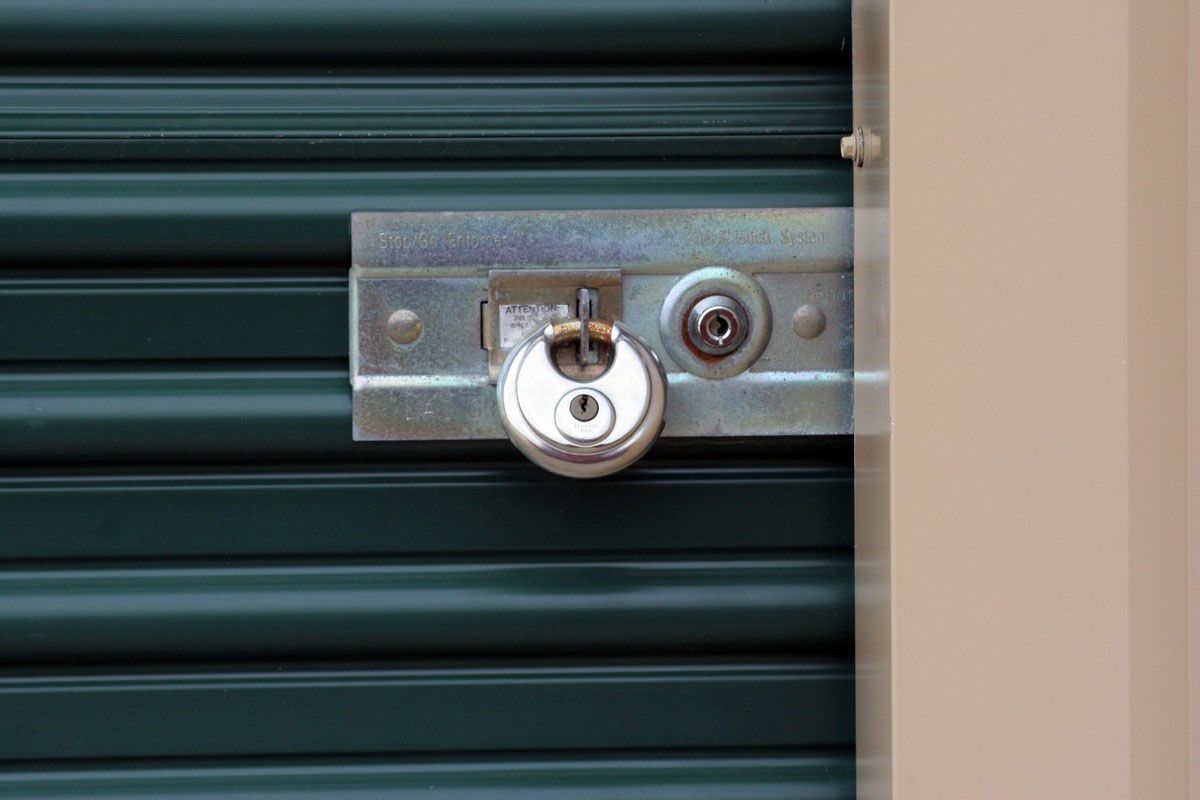
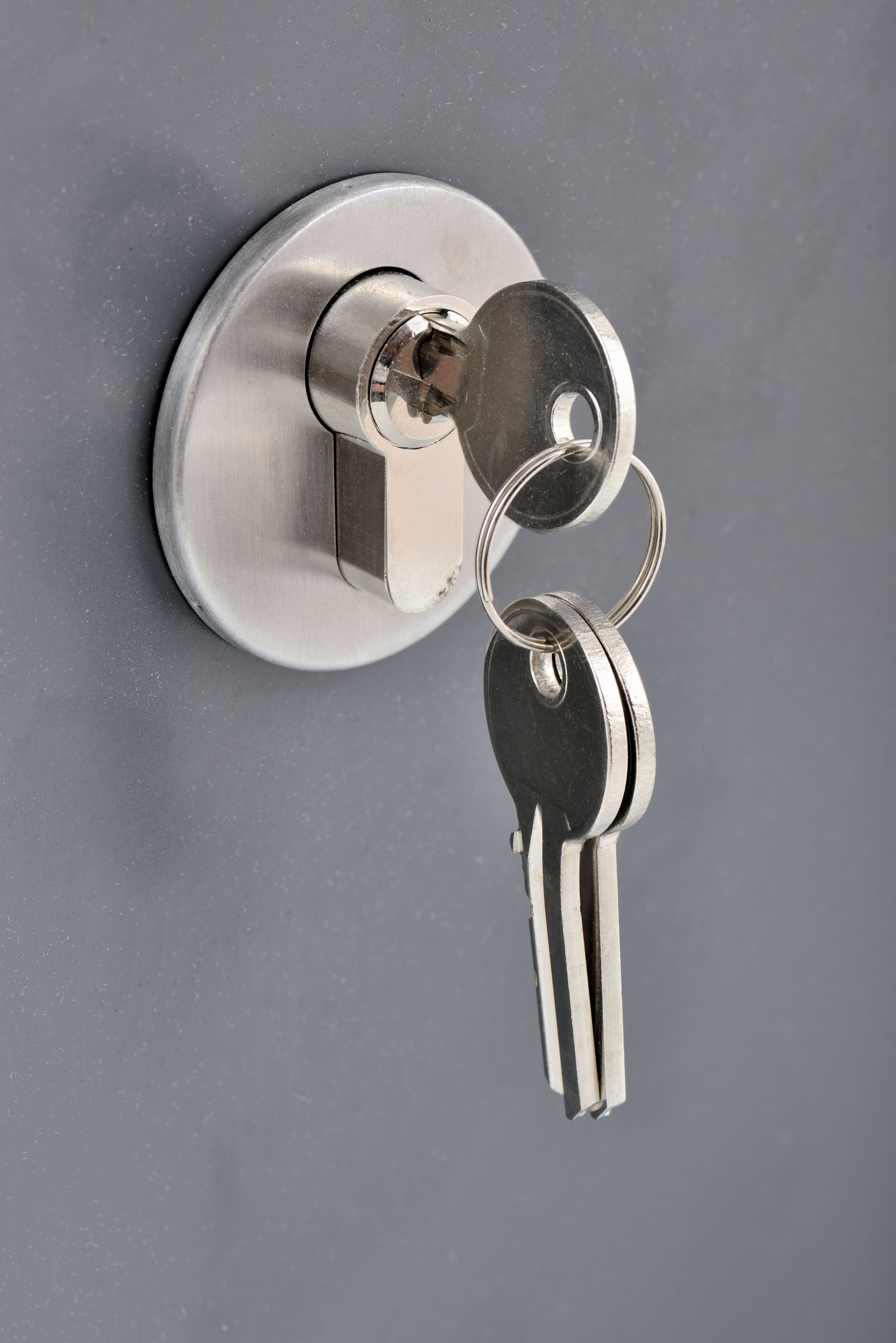
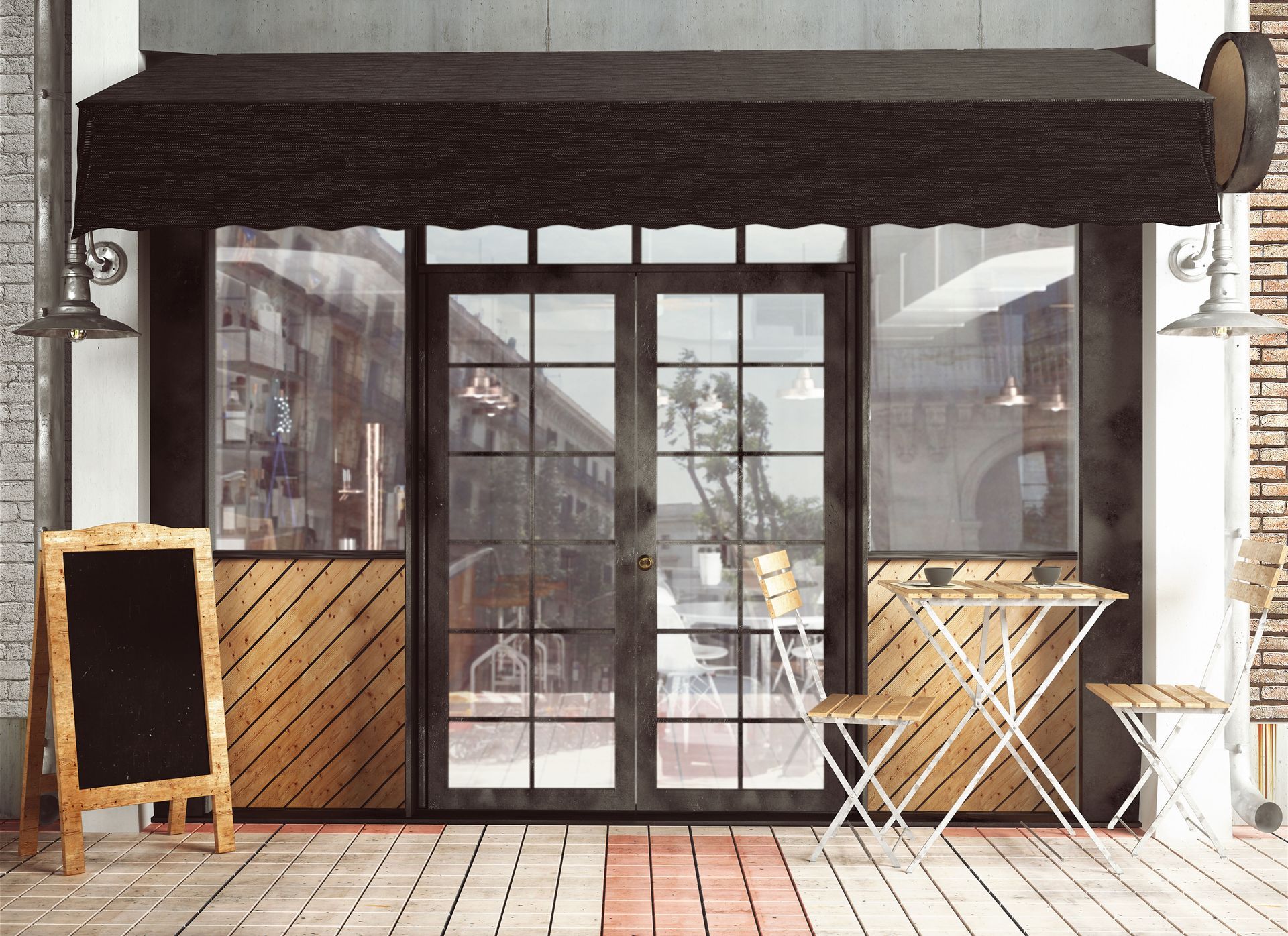
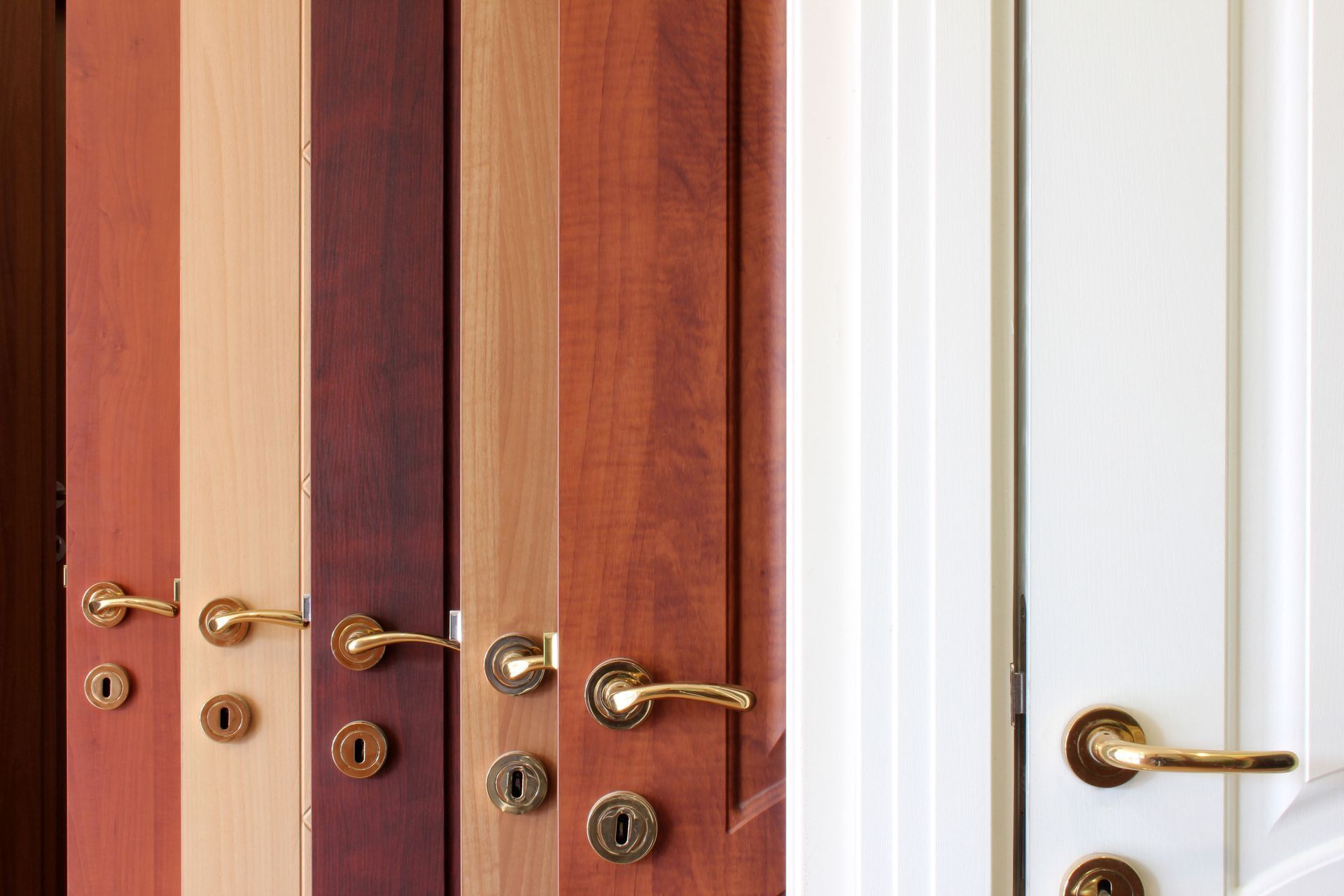
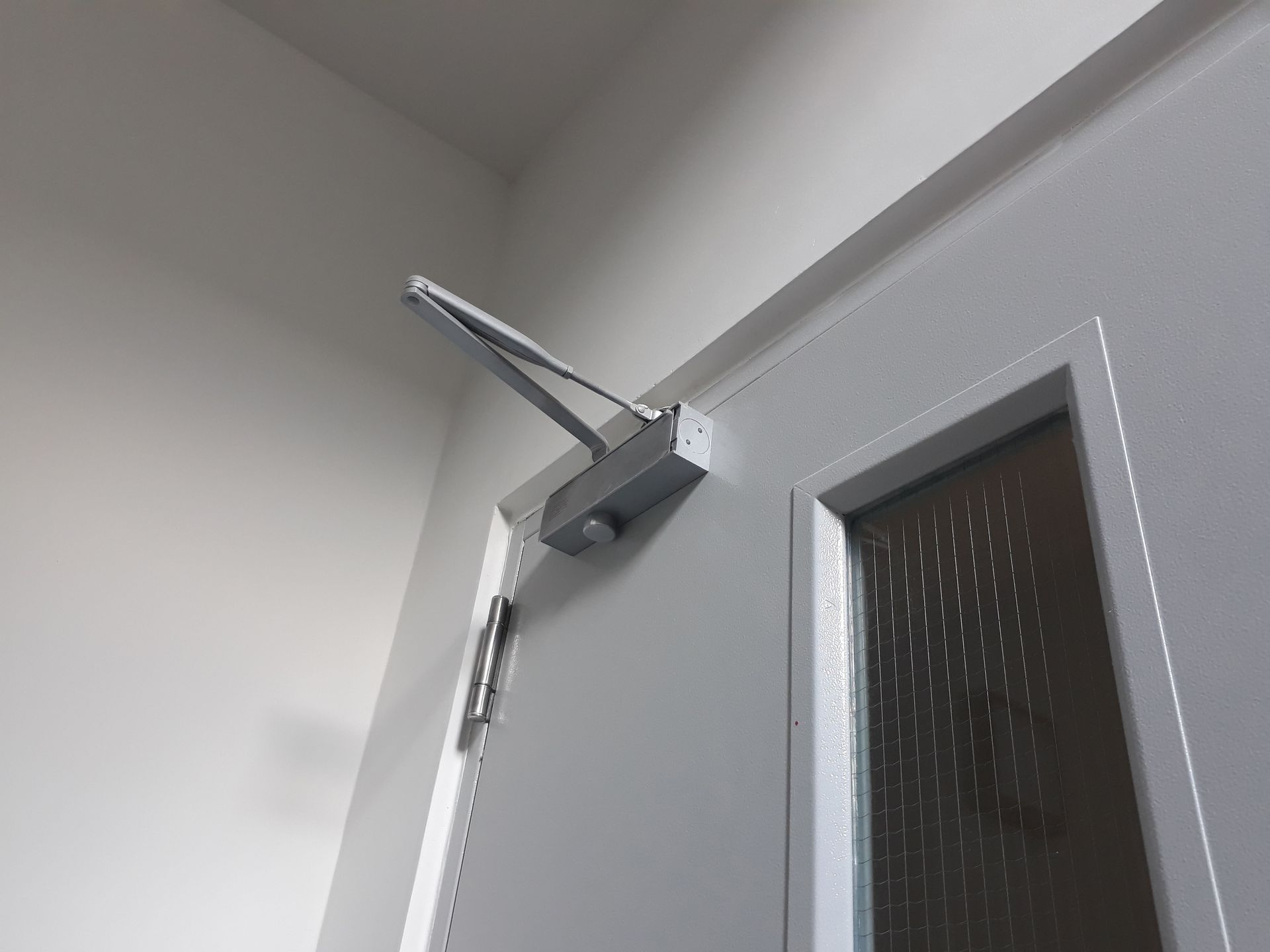
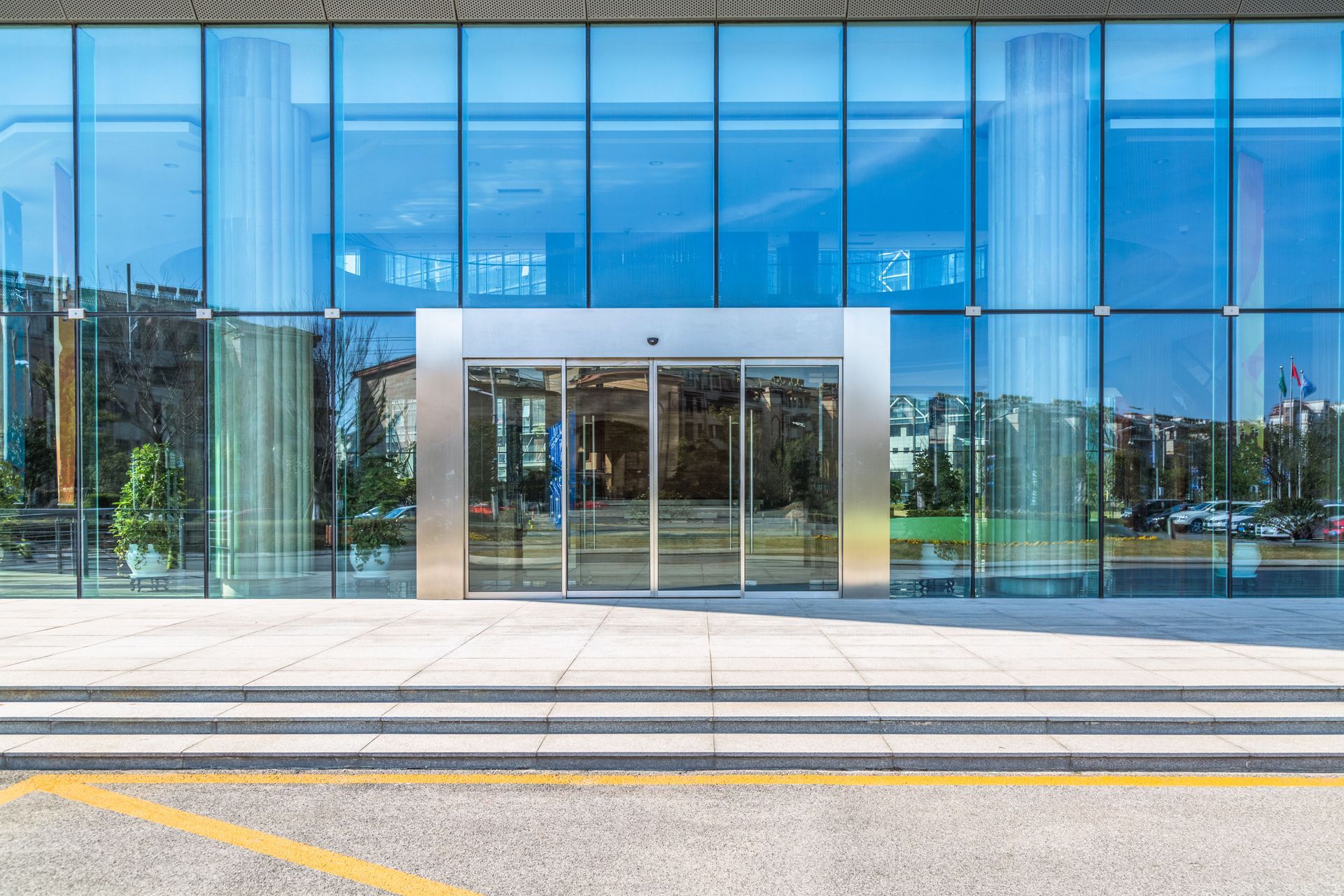
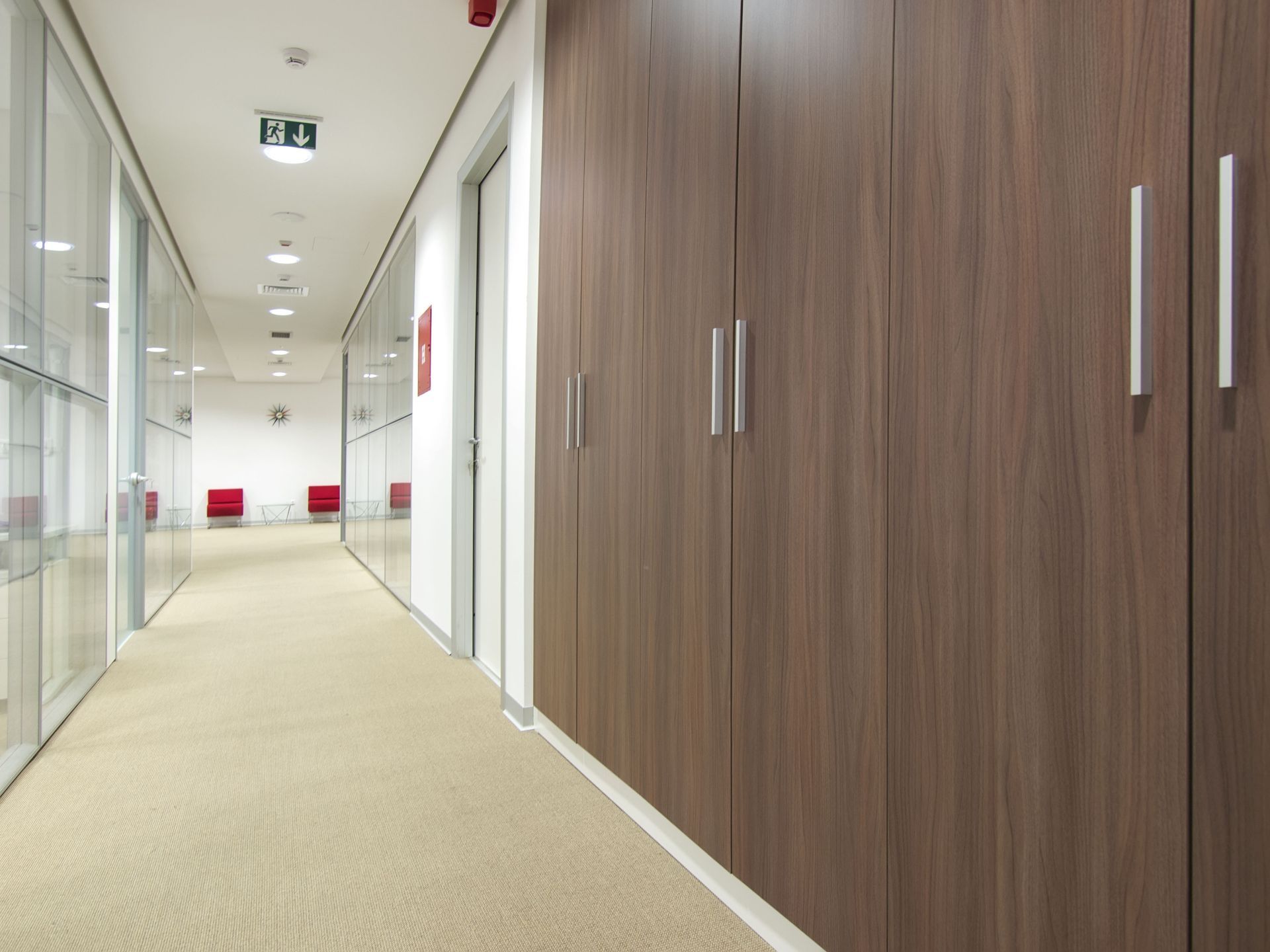
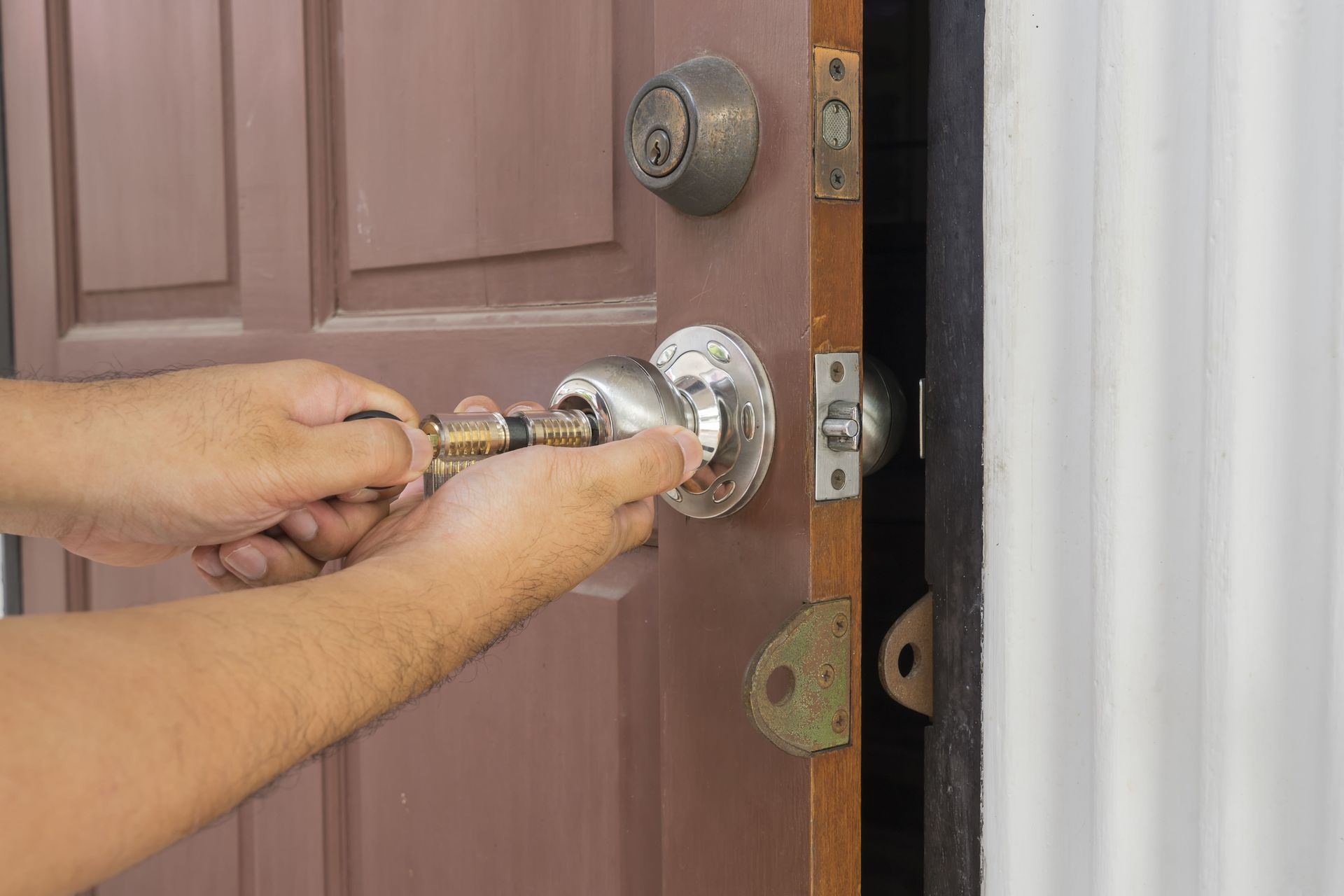
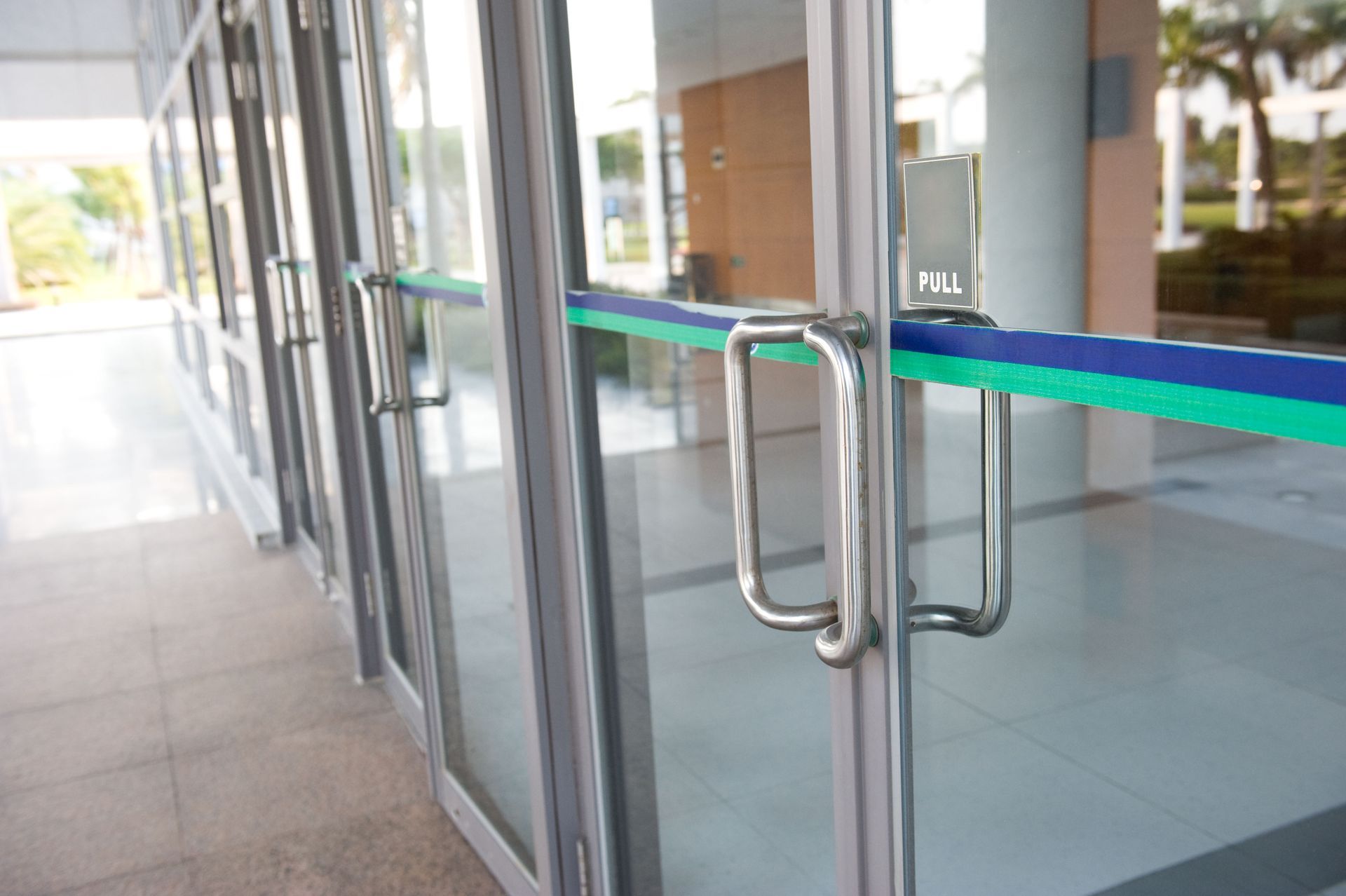
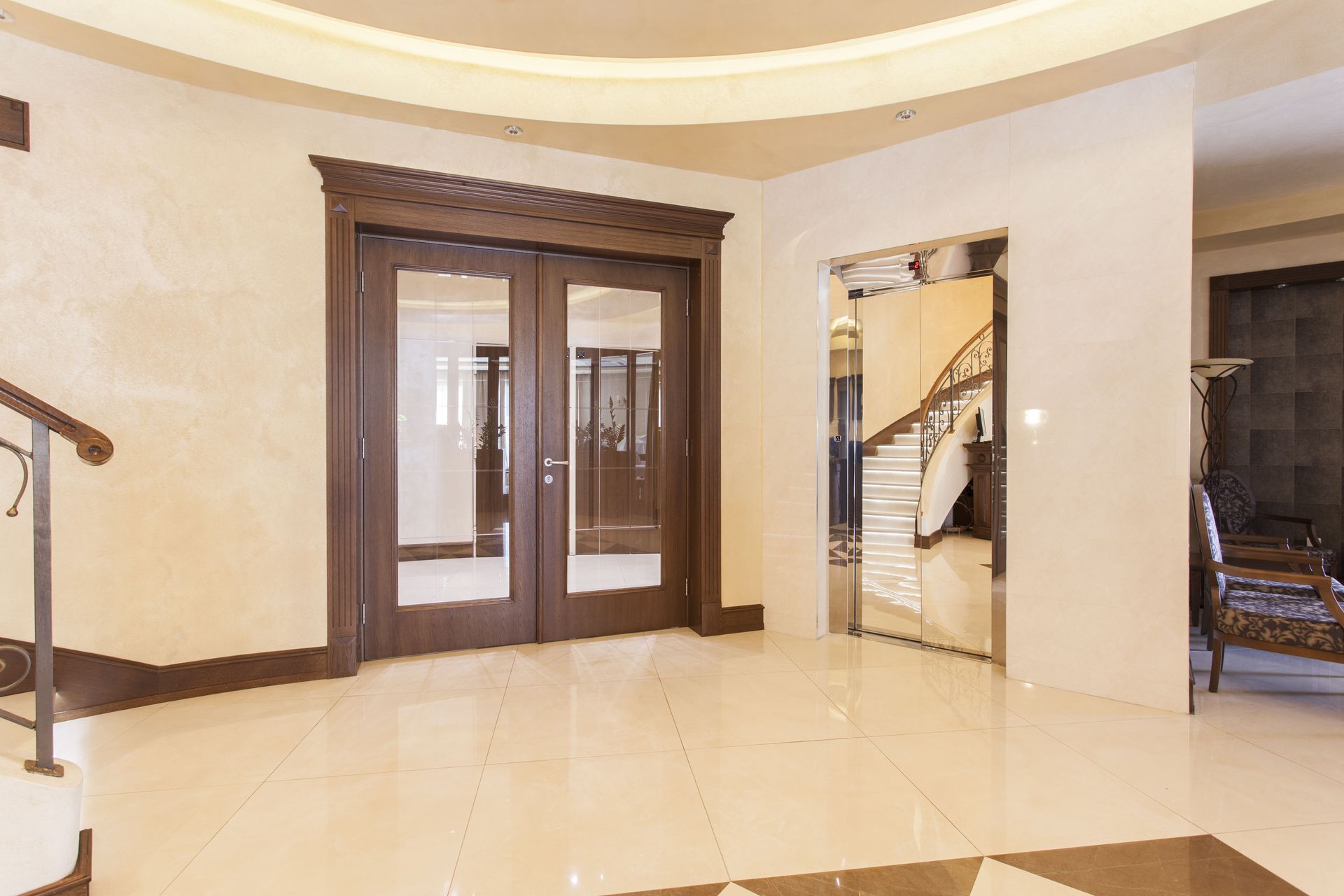

Share On: